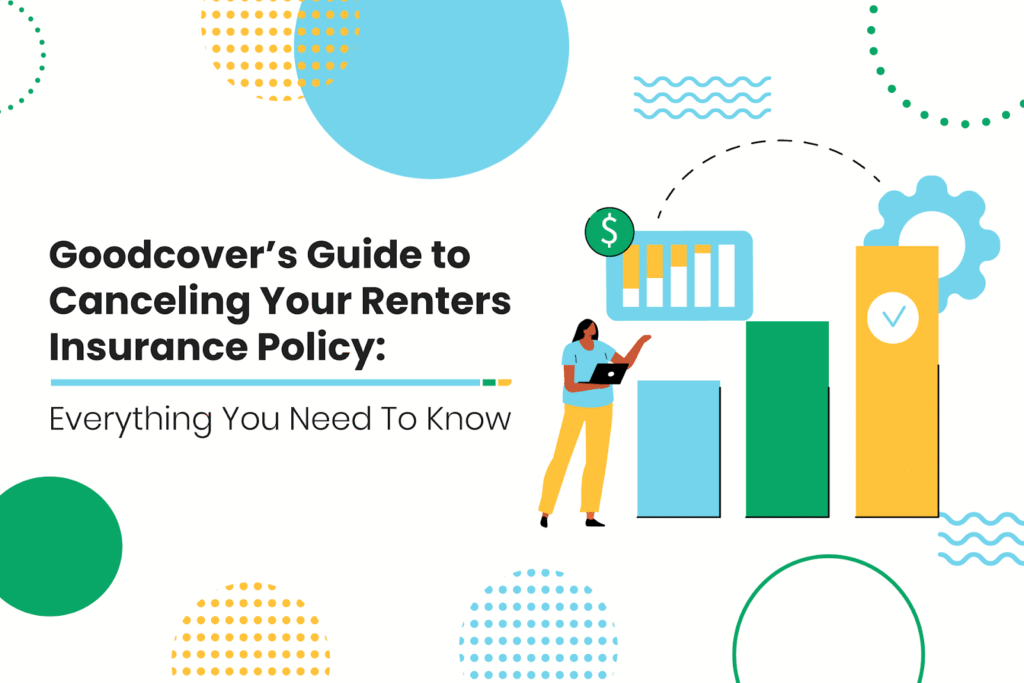Are you considering canceling your renters insurance policy? It’s a common question, especially if you feel your belongings are adequately protected or you’re facing financial constraints. However, it’s crucial to understand the potential implications of this decision, particularly regarding your landlord’s requirements and lease agreement.
This article will delve into the complexities of canceling renters insurance, exploring the reasons why landlords mandate it, the consequences of non-compliance, and the importance of open communication with your landlord throughout the process. We’ll guide you through the steps to ensure a smooth transition while protecting yourself from potential legal and financial repercussions.
Landlord Requirements for Renters Insurance
Most landlords require renters insurance as a standard condition of the lease agreement. This requirement stems from several factors, primarily aimed at safeguarding both the landlord’s property and the tenant’s belongings. Renters insurance provides coverage for damages to your personal property caused by events like fire, theft, or natural disasters. It also offers liability protection in case someone is injured on your rented premises.
Landlords often require renters insurance to mitigate their financial risk. If a covered event occurs and causes damage to the rental unit, the landlord could be held responsible for repairs or replacement costs. Renters insurance helps transfer this risk to the tenant, ensuring that the landlord’s investment is protected. Additionally, landlords may require proof of coverage periodically throughout your tenancy to ensure continuous protection.
Consequences of Canceling Renters Insurance
Canceling renters insurance without informing your landlord can have serious consequences. Your lease agreement likely outlines the requirement for maintaining coverage and specifies penalties for non-compliance. These penalties can range from fines to eviction, depending on the severity of the violation and your local laws.
Furthermore, if an incident occurs while you lack renters insurance, you could be held financially responsible for damages to your belongings or even the rental unit itself. This could result in significant out-of-pocket expenses and potentially damage your credit score. It’s essential to weigh the potential risks and benefits before canceling your policy.
Lease Violations and Eviction
Failing to maintain renters insurance as stipulated in your lease agreement constitutes a breach of contract. Landlords have legal grounds to pursue eviction proceedings if you violate the terms of your lease, including neglecting to provide proof of coverage or canceling your policy without notice.
Eviction can have lasting consequences, impacting your ability to secure future housing and potentially damaging your credit history. It’s crucial to prioritize open communication with your landlord and explore alternative solutions before reaching this point.
Communicating with Your Landlord
Open and honest communication is paramount when considering canceling renters insurance. Your landlord deserves to be informed of your intentions and the reasons behind your decision. This allows them to understand your situation and potentially offer guidance or alternative solutions.
Importance of Direct Communication
Avoid sending generic emails or relying on third-party platforms for this sensitive matter. Schedule a meeting with your landlord in person or initiate a phone call to discuss your plans directly. Express your reasons for considering cancellation clearly and respectfully, outlining any financial constraints or concerns you may have.
Conclusion
Canceling renters insurance can have significant consequences, particularly regarding your lease agreement and relationship with your landlord. It’s crucial to prioritize open communication, understand the potential risks involved, and explore alternative solutions before making a decision. By adhering to the terms of your lease and maintaining a transparent dialogue with your landlord, you can navigate this situation effectively and protect yourself from potential legal and financial repercussions.



